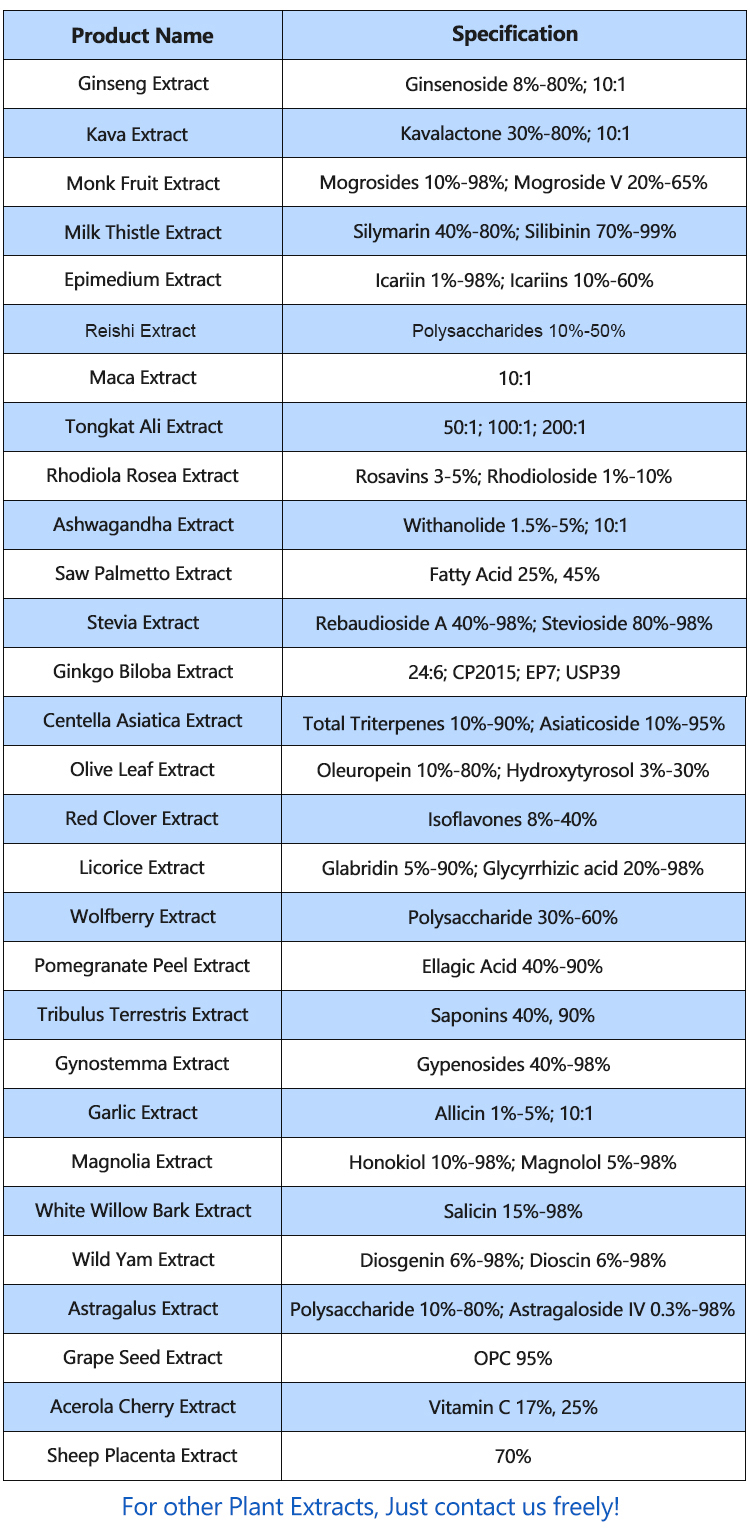Fisetin is a flavonoid, a type of antioxidant found in various fruits and vegetables, including strawberries, apples, grapes, onions, and cucumbers. It has gained interest for its potential health benefits, particularly its effects on aging, inflammation, and cognitive health. Here’s a breakdown of its effectiveness, side effects, and special precautions:
Effectiveness of Fisetin
- Antioxidant Properties: Fisetin is known for its potent antioxidant properties, which help combat oxidative stress. Oxidative stress is associated with aging, inflammation, and various chronic diseases. By neutralizing free radicals, fisetin may help reduce cellular damage.
- Anti-Inflammatory Effects: Studies suggest fisetin can inhibit the activity of pro-inflammatory molecules like cytokines, helping to reduce inflammation in the body. This makes it potentially useful in managing conditions like arthritis or inflammatory diseases.
- Cognitive Health: Some research indicates fisetin may have neuroprotective effects, improving cognitive function and potentially reducing the risk of neurodegenerative diseases like Alzheimer’s and Parkinson’s. It may help enhance memory and learning in animal models, though more research is needed in humans.
- Anti-Cancer Potential: Preliminary studies show that fisetin may exhibit anti-cancer properties by inducing apoptosis (programmed cell death) in certain cancer cells and inhibiting tumor growth. However, more clinical studies are needed to confirm these effects.
- Senolytic Activity: Fisetin has been shown to have senolytic properties, meaning it can help eliminate senescent (aged or damaged) cells. This could contribute to healthy aging by promoting the regeneration of healthier cells.

Side Effects of Fisetin
Fisetin is generally considered safe when consumed in moderate amounts, particularly from natural sources like fruits and vegetables. However, in higher doses or when taken as a supplement, the following side effects may occur:
- Gastrointestinal Issues: Some people may experience mild digestive issues, such as stomach discomfort, bloating, or diarrhea.
- Allergic Reactions: Although rare, allergic reactions to fisetin or the fruits/vegetables from which it is derived may occur. Symptoms could include rash, itching, or swelling.
- Drug Interactions: Fisetin may interact with certain medications, particularly those affecting blood pressure, blood sugar, or liver enzymes. It is important to consult a healthcare provider before combining fisetin with medications.
- Hypotension: Due to its potential blood pressure-lowering effects, fisetin might cause hypotension (low blood pressure) in individuals already taking antihypertensive drugs.
- Blood Thinning: Fisetin may have mild anticoagulant (blood-thinning) effects. While it is not as potent as prescription blood thinners, people on blood-thinning medications (e.g., warfarin) should use caution.
Special Precautions of Fisetin
- Pregnancy and Breastfeeding: There is insufficient evidence to determine the safety of fisetin during pregnancy and breastfeeding. It is recommended to avoid fisetin supplements unless advised otherwise by a healthcare provider.
- Chronic Conditions: People with chronic conditions like diabetes, hypertension, or bleeding disorders should exercise caution and consult with a doctor before using fisetin supplements, as it may interfere with treatments for these conditions.
- Surgery: Fisetin may have blood-thinning effects, so it is advisable to stop fisetin supplementation at least two weeks before surgery to avoid the risk of excessive bleeding.
- Supplement Quality: The safety and efficacy of fisetin supplements can vary depending on the manufacturer. It is essential to choose high-quality, well-reviewed products and avoid taking excessive doses.

Conclusion
Fisetin shows promise for a variety of health benefits, including antioxidant, anti-inflammatory, and neuroprotective effects, but research is still ongoing. It is generally safe when consumed from food sources, but caution should be taken when using supplements, especially in individuals with underlying health conditions or those taking medications. Always consult a healthcare provider before adding fisetin to your routine, particularly in supplement form.
